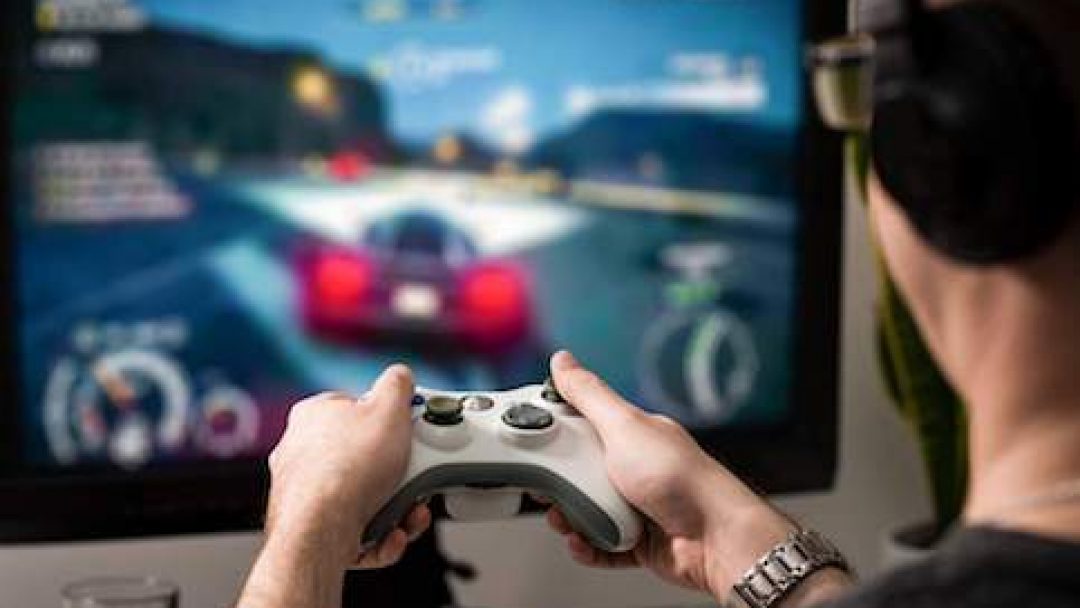On June 18th the World Health Organization released the newest edition of the International Classification of Diseases or ICD-11 which included the new diagnosis, Gaming Disorder. The ICD collects research and medical health trends from around the world to compile them into one guide for use in the medical health field as a reference and to standardize treatment. This new disorder’s inclusion could result in more diagnosis and increased treatment options being decided for those that suffer from this affliction.
According to the WHO, they included Gaming Disorder to increase attention to an issue that has grown in the recent years. This should also help provide ways to standardize treatment and create lasting changes in the way that people deal with this disorder.
The WHO created three criteria to focus on when diagnosing this disorder. First is “Impaired control over gaming,” meaning that someone with this disorder has a compulsion to game and remain gaming for long periods of time. Second is “The increasing priority given to gaming, as it would take precedence over other life interests and daily activities,” such as sports, school or even being with friends. Finally, they also focus on “The continuation or escalation of gaming despite negative consequences.”
This last one is key to understanding the disorder. Like other addiction based disorders, the focus is on negative consequences to a person’s life, not just about playing too many games. Treatment methods include therapies based on the Cognitive Behavioral Model. This mostly consists of social support, education of condition and family support. Which is another way that this is similar to addiction based disorders, like how they use AA or other group-based therapy.
Some experts have argued that the presented definition is too broad and too subjective which represents a danger to being over-diagnosed. Experts like Anthony Bean a licensed psychologist who spoke to CNN about the matter. He said, “It’s a little bit premature to label this a diagnosis,” and that people often “use it as a coping mechanism for either anxiety or depression.” Meaning that looking at the gaming is not the right way to go about it. Instead, people should focus on the reasons why these people are looking to video games and trying to understand what life outside isn’t providing for them.
His stance is echoed by the American Psychological Association and their Diagnosis and Statistical Manual or DSM-5. In 2013 when they published the latest edition of the manual on mental health, they concluded that ‘Internet Gaming Disorder,’ as they call it, was a “Condition for Further Study” and that it could be added at a later date. This has remained the APA’s stance, believing that they require more evidence before making for its inclusion into the manual. But the WHO’s inclusion could signal that the APA might follow suit based on similar research findings that lead to the WHO’s conclusion.
It is important to note that the WHO indicated that only a small proportion of people who engage in gaming activities have this disorder. Meaning it is not a widespread issue. The most important thing experts like Daniel Kaufmann, a researcher who spoke with KTAR News, said about how to deal with this is to avoid arguments. Try to find a way to understand what they use video games for and maybe what they aren’t getting from the rest of life.








